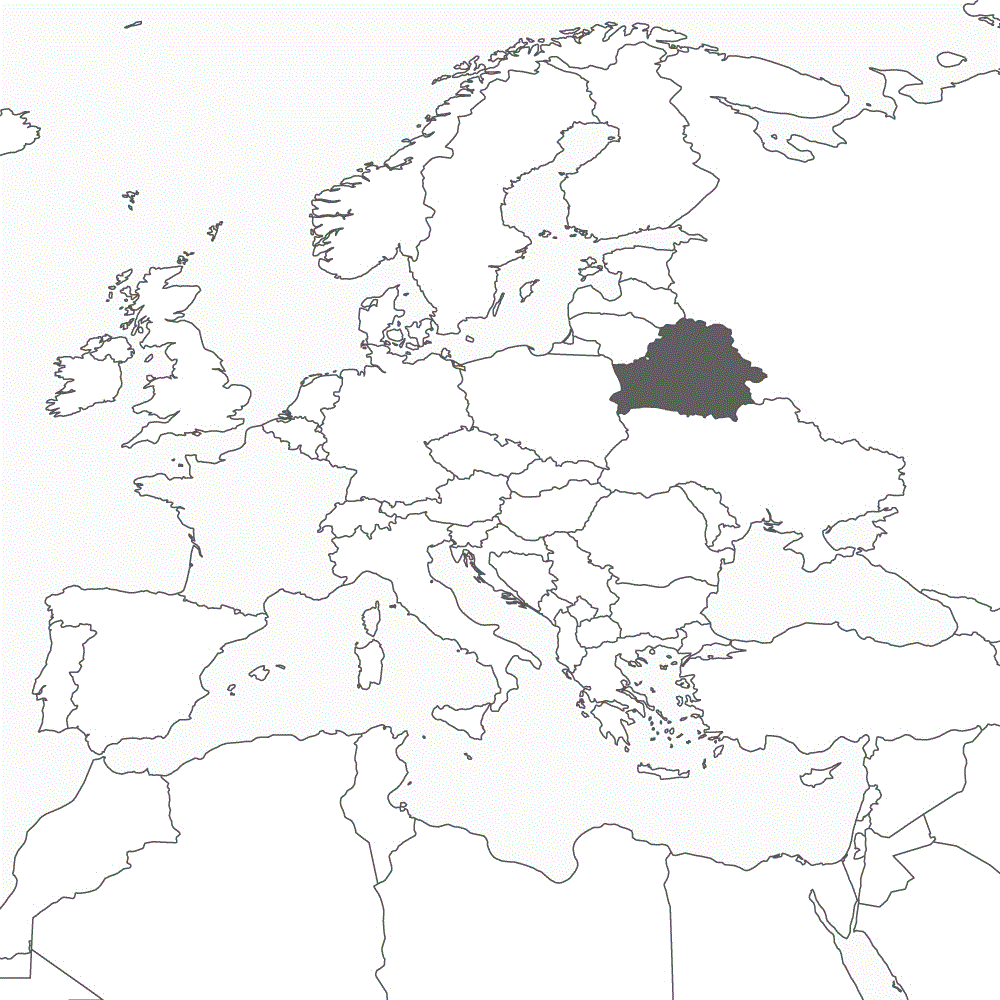The Hunger Crisis (III)
EU obstructs UN efforts to deliver Ukrainian grain via Belarus to world markets. Russia and Turkey clear the way for Ukrainian grain exports.
BERLIN/KIEV/MINSK (Own report) – The EU is obstructing UN efforts to avert global hunger being caused by war and sanctions. The plan provides for the transit of Ukraine’s huge grain reserves over Belarus for shipping via ports at the Baltic Sea. The plan endorsed by UN Secretary General António Guterres is considered to be the only viable alternative to the recently blocked grain-transport via the Black Sea. Of course, the EU is not ready to allow the prerequisites for the plan’s successful implementation and to lift its sanctions against Belarusian fertilizer exports. UN Secretary General António Guterres is in favor of lifting these sanctions to secure the global supply of fertilizers. In a highly symbolic step, Brussels toughened its sanctions against Belarusian fertilizer producers last Friday. On the other hand, UN efforts to jump-start the export of Ukrainian grain via the Black Sea are gaining momentum. Russia and Turkey are paving the way for initial shipments from Odessa. Read more
Refugees Dying in No Man's Land (III)
More fatalities at EU's external border. With new sanctions, Brussels adds new instrument for warding off refugees. Poland and Baltic countries reinforce military activities at the eastern border.
BRUSSELS/WARSAW/MINSK (Own report) - Despite new fatalities in the no man's land at the Polish-Belarusian border, the German government is blocking assistance offers and prioritizing sanctions against Belarus over measures for combating the humanitarian crisis. It continues to ignore an offer by the city of Munich to accommodate refugees and grant them regular asylum procedures. Meanwhile, Foreign Minister Heiko Maas praises the decision to introduce a new instrument of sanctions, penalizing assistance to undesirable migration that he and his EU counterparts adopted yesterday. This includes sanctions against Belavia Airlines, because it transports refugees to Minsk. The EU, thus, has an additional instrument at its disposal for warding off future refugees. And Maas envisages even more sanctions against Belarus announcing, "we will now continue along this rigorous path." At the same time, eastern EU and NATO countries continue military activities at the Belarus border. Lithuania's foreign minister demands that a "no-fly-zone" be imposed on the Minsk Airport. Read more
In the Spiral of Sanctions
Berlin and Brussels plan harsh economic sanctions against Belarus. Foreign Minister Maas calls for the country's disconnection from the SWIFT payment system.
BERLIN/BRUSSELS/MINSK (Own report) - With a discussion of various drastic economic sanctions, Berlin and the EU are initiating their next round in the battle to topple Belarusian President Alexander Lukashenko. German Foreign Minster Heiko Maas calls not only for weighing punitive measures against Belarusian companies, but also for the country's exclusion from the SWIFT international payment system, which, according to experts, could lead to a massive collapse in the Belarusian economy - as it had once done in Iran. Of course, sanctions could also be damaging for one's own side, observers warn. Boycotting Belaruskali, for example, could cause serious problems for the farmers in EU countries. Luxemburg's Foreign Minster Jean Asselborn is quoted saying that the West might have to make “a little sacrifice.” The impending sanctions initiate the next round of more than two decades of Berlin, Brussels and Washington's attempts to topple Belarusian President Alexander Lukashenko. Read more
Quod licet Iovi...
EU imposes new sanctions on Belarus. A similar interference in civilian aviation by several EU and/or NATO states in 2013 remains without consequences.
BERLIN/MINSK (Own report) - The EU is imposing new sanctions on Belarus in response to the forced stopover in Minsk of a Ryanair flight and the subsequent arrest of a Belarusian exiled opposition activist. The sanctions include banning Belarusian airlines from using EU airspace and additional economic sanctions. The reactions are in blatant contrast to those following a similar incident in July 2013, when several EU states suddenly closed their airspace to the plane carrying Bolivia's President Evo Morales, forcing it to land in Vienna, where the plane was inspected in violation of international norms. In this case, the United States had assumed that whistleblower Edward Snowden was on board and had planned to have him arrested during the forced stopover. The plan failed only because Snowden had remained in Russia. Berlin and the EU had voiced no protest. The current reactions can be explained by the fact that the Minsk action plunged the entire western-patronized Belarusian opposition in exile into disarray. Read more
The Battle over Minsk
Belarus: German foreign policy-makers insist on financial support for the pro-western opposition.
BERLIN/MINSK (Own report) - The EU should "exert pressure for new elections" in Belarus, demanded a veteran leading politician of the German Green Party. The EU is not offensive enough in the Belarusian power struggles, according to Ralf Fücks, the former president of the Green Party-affiliated Heinrich Böll Foundation, and since 2017, managing director of the transatlantic think tank "Zentrum Liberale Moderne" (Center for Liberal Modernity). German foreign policy-makers are recommending systematic support for Belarusian "civil society." Thus, millions of euros could help to promote pro-western circles in a country that maintains close ties to Russia. Berlin has already been engaged in this for decades. Germany and other western powers have been promoting subversive attempts in Belarus since President Alexander Lukashenko led the country into a union with Russia in 1999 and intensified cooperation with Moscow. Fearing over dependency on its neighboring country, Lukashenko had recently begun to cooperate more closely with the West - including participation in joint military exercises with NATO countries. Read more
GERMAN-FOREIGN-POLICY.com
Information on German Foreign Policy: News + Interviews + Analyses + Background

